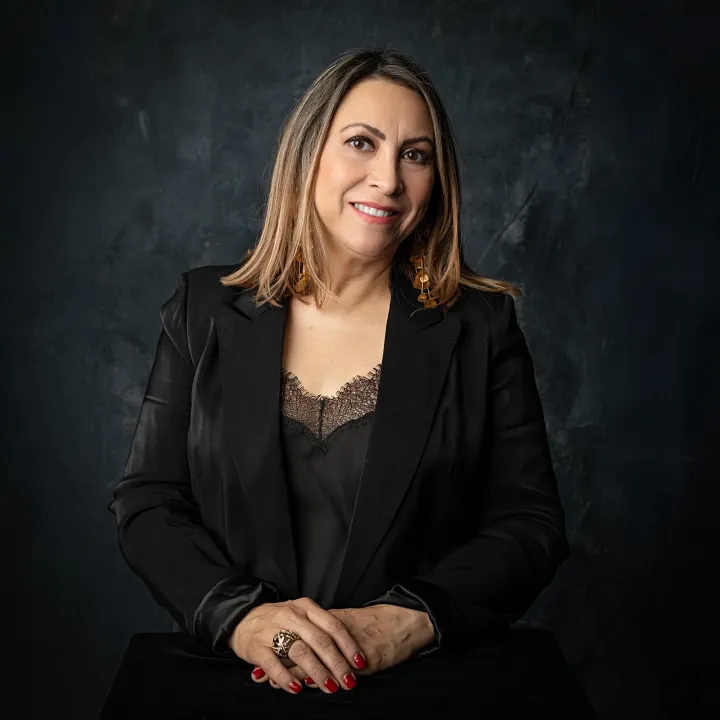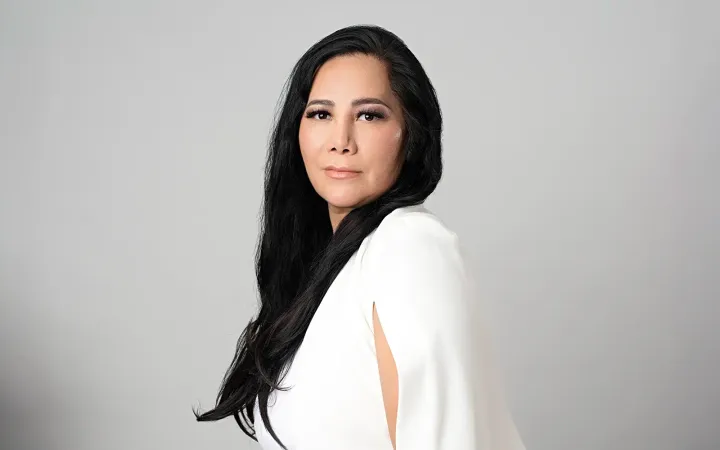Por Mónica Hernández
Hace poco más de dos años asistí al horror de las redes y de las noticias con la detención, posterior apaleamiento y muerte de Mahsa Amini, una joven de 22 años que llevaba mal puesto el velo sobre la cabeza y no le cubría el pelo del todo, como exige la ley. Estos días me asaltan las imágenes y las interpretaciones acerca de otro caso espeluznante y del que pocos y pocas hablamos porque nos vacunamos contra ese horror. Porque es diario, porque nos acribilla 24/7 y nuestras fibras sensibles no son capaces de soportarlo todo al mismo tiempo.
Ahoo Daryaei es o era una mujer iraní de 30 años, estudiante de doctorado en literatura francesa en la universidad islámica Azad de Teherán. Como a Mahsa Amini, el velo no le cubría la totalidad del pelo. Delito mayor. La policía moral la confrontó y hubo jaloneos, tirones, empujones y la ropa que portaba quedó desgarrada. Los jirones que le colgaban se deshilachaban y ella decidió quitárselos de encima. Se dirigió a una escalinata y se sentó, cubierta tan sólo por lo que llamamos paños menores: calzones de rayas blancas y lilas (bragas, cachonites, fundillo, bombachas o como les digas) y brassiere (top, bra, sujetador, corpiño, tallador, sostén, etc.) color uva. Caminó descalza, con los brazos cruzados por debajo del pecho por el patio principal de la universidad.
Hay varios datos que me llaman la atención: no sonríe. Se ha utilizado su imagen alrededor del mundo para demostrar que las mujeres siguen luchando por sus derechos en un país que en los 70s era uno tan moderno como cualquier país occidental. Las mujeres se vestían a la moda inglesa y francesa, con minifaldas, tacones, botas, peinados altos y colores vivos. Reían. Fumaban. Bebían. Manejaban sus propios autos. Salían solas con otras amigas. Seguían siendo religiosas y conservadoras, porque el país siempre ha sido conservador. Pero las mujeres tenían derechos cuando el Sha de Irán recaló en Cuernavaca aunque originalmente se dirigía a Acapulco. No, ahora no sonríe. Su gesto es de tristeza, de preocupación, tal vez de ansiedad controlada. Sí hay sin embargo una dignidad enorme en sus pasos tranquilos, pausados. En su asiento en la escalinata.
Tampoco corre, no grita, no huye. Sabe lo que le espera, a ella y a su familia. Sabe que no volverá para terminar el curso ni se graduará como doctora de Letras galas. Sus 30 años de vida no contarán todo lo que ella hubiera querido contar, escribir, publicar. Tal vez quiso ser maestra. Pero nada de eso lo vemos en las imágenes. Ella camina cabizbaja, pensativa. Serena. No sale corriendo. Sabe que no tiene escapatoria.
Nadie la ayuda. No mira a nadie pero quienes pasan por enfrente la ignoran. Como si no estuviera. Como si no existiera. Como si no hubiera guardias de seguridad rodeándola para llevársela. Como si no hubiera tenido amigas, amigos, conocidos en la universidad. Pasan mujeres con hiyab, niqab, chador, shayla, al-amira, kimar y tal vez una con burka. Los hombres pasan, miran disimulados y siguen su camino. No se distingue si hay algún profesor entre los que siguen su camino. A nadie le interesa meterse preso o que lo encuentren muerto por defender a alguien que tal vez conocieron. Nadie le lanza un trozo de tela. La indiferencia es total. Lo mismo que el silencio que se percibe, roto por las voces que salen de los radios y los celulares de los policías morales que preparan el arresto.
No se sabe nada de ella. La policía moral (la tuvieron así, en paños menores, hasta que llegó un comando de mujeres que pudieran acercarse y tocarla) y la llevaron a encerrar. Dicen que a una clínica mental. Dicen que es una enferma mental y que está recibiendo tratamiento psiquiátrico adecuado. Dicen que la van a rehabilitar. Su familia la da por muerta, lo mismo que el resto del mundo.
Me asalta una pregunta: ¿Qué hará Irán con sus mujeres? Los hombres se preparan para la guerra que si bien no está declarada, no por ello no está ejercida contra Israel. Los hombres negocian, se reúnen, deciden. Las mujeres… ¿Soportarán quedarse mudas, encerradas, desaparecidas? ¿Se resignarán a no estudiar a no trabajar? ¿Tal vez a no hablar, como sus vecinas de Afganistán? ¿O seguimos sabiendo de Mahsas Amini, de Ahoos Daryaies?

Las opiniones expresadas son responsabilidad de sus autoras y son absolutamente independientes a la postura y línea editorial de Opinión 51.






Comments ()